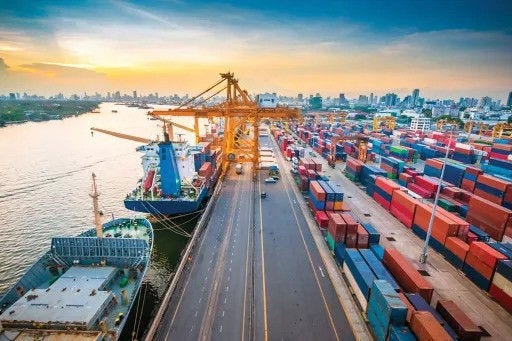Trade and customs service advisory services are designed to assist businesses in navigating complex global trade and customs regulations. With the increasingly complex global trade landscape and the ever-changing regulatory environment, businesses need reliable and specialized support to mitigate risks, ensure compliance, and maximize benefits. Trade and custom service advisory services provide crucial assistance in these areas, helping businesses optimize their cross-border trade operations and minimize risks.
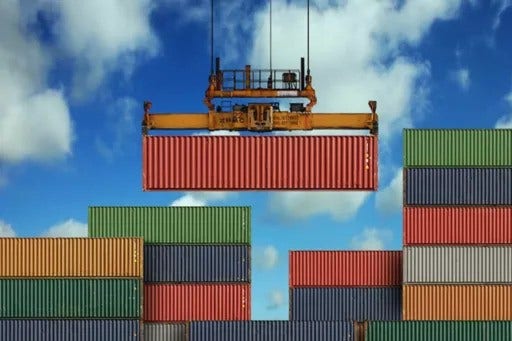
General advisory on customs and foreign trade
Comprising of subject matter experts with a deep knowledge of global trade framework and international practices, we offer integrated services of trade and customs management together with international tax, transfer pricing, and supply chain and global trade management services.
Our customs advisory practice has experts with in-depth knowledge and hands-on experience in customs classification, valuation of related party transactions, interplay of customs valuation with the transfer pricing policy, customs compliances, benefits under concessional rate notifications, advising on foreign trade policy, free trade agreements, cross-border supply chains and anti-dumping duties, duty-free schemes, among others.
Investigation and review assistance
As customs assessment and compliances move towards self-regulation, risk-managed interventions and record-based controls, the importance of review and investigation as a tool for better internal controls. In India, while government is focusing on increasing the span, influence and skill sets around reviews, enforcement actions are more commonly administered by investigation wings of individual customs house – SIIB (Special Investigation and Intelligence branch), and marine and preventive wing of customs. At an all-India level customs investigation is led by premier customs revenue investigation agency like DRI (Directorate of Revenue Intelligence).
We offer skilled support to clients throughout the lifecycle of investigation and customs review process. KPMG India’s trade and customs team helps conduct analysis on import and export database and documentation, to be able to identify the trends, statistical average, outliers, etc. and identify the risks and opportunities embedded in the trade databases, processes and compliances. Our team is well versed with the extensive statutory framework contained in the customs law, and can offer to re-look at compliances, records and processes using the lens of the trade and customs authorities.


Customs business impact assessment
Businesses need to perform regular checks of their trade transaction controls and breaches, run analytics on the import and export databases to identify key trends and exceptions to be compliant to prevailing customs regulations and avoid risk of any additional liabilities. Our dedicated and specialised team of professionals assists clients in carrying out trade compliance checks, review their supply chains, and evaluate data maintenance quality with the objective of identifying historic and imminent risks, and potential efficiencies.
Analytical and perceptive view of business process owners often reveals gaps and inconsistencies in the fundamental aspects of valuation position taken for both customs and transfer pricing. Our team is adept at identifying these inconsistencies and using the background material taken to determine the correct valuation for both customs and transfer pricing. Our experts assist ensuring correct labelling, compliance with licensing requirements and holding the right certificates for international and domestic trade to achieve operational efficiencies.
Authorized Economic Operator (‘AEO’) certification
AEO certification is a trade facilitation measure that allows the government to enhance and streamline cargo security in close cooperation with the certificate holder. AEO certification not only offers an enhanced level of certainty and simplification of customs procedures but also offers reduced transaction cost to the certificate holders for instance duty deferral, lower bank guarantee requirements, direct port delivery and fewer physical or documentation-based controls, etc.
KPMG in India offers handholding through the AEO Certification process, including eligibility assessment, enrollment and implementation, process definition and operational handholding. The approach focuses on understanding the current supply chain, processes and related advice on steps to be undertaken by business to ensure compliances using the appropriate technology.
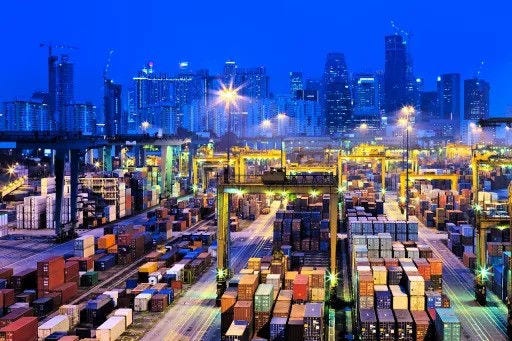
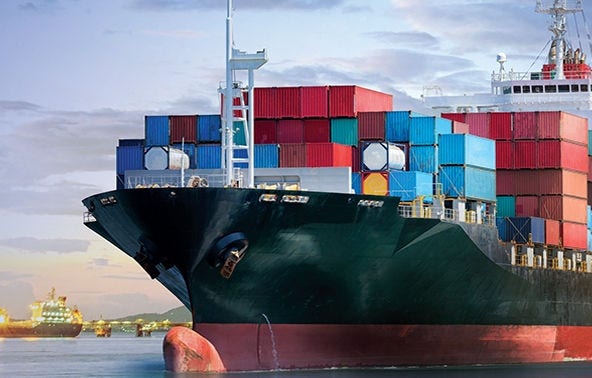
Trade and customs supply chain reconfiguration
Often business transformation requires an adjustment in global supply chains, and reconfiguration of systems and processes, among other steps. Our trade and customs team comprises of experts across sectors with diverse global and local experience in customs laws, regulatory frameworks and trade compliance.
Objective of trade and customs based supply chain reconfiguration is to reduce the tariff and non-tariff costs by taking benefit of existing trade agreements, smart sourcing considering trade measures ( e.g. anti-dumping, safeguard or countervailing duties), using duty deferral schemes etc. This requires structural reviews of the existing corporate structure, supply chain processes and product trade flows. An important aspect is to relook at the sourcing needs of the company to gain efficiencies and save cost. Our trade and customs team is adept in identifying compliance gaps, anticipating impact of regulatory changes and making processes more efficient by saving costs.
Adoption of trade technologies and automation of transactions
Increasing commercialisation of key trade technologies has a profound impact on automation of trade transactions, compliances and documentation. Trade automation allows businesses to achieve potential benefits in complex trade and border security regulations.
Our team helps organisations leverage opportunities while mitigating risks. Use of technology, automation and analystics brings focus on value-added opportunities while eliminating barriers to trade, and maintaining better controls. Our team has exhaustive experience in identifying areas of vulnerability requiring automation to cut down inefficiencies and costs.
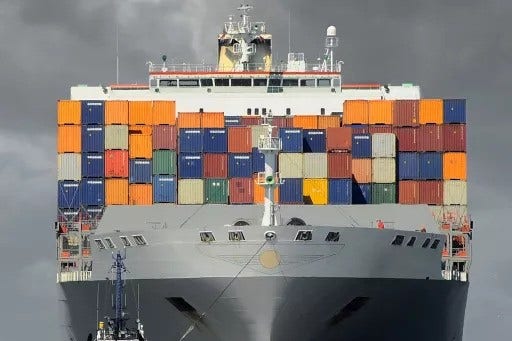

Dispute resolution
Litigation and complex customs disputes can impair growth and significant costs and reputational risk. Our trade and customs team has rich experience in handholding the clients at an early stage of discussions, consultation and investigations on customs duty and compliance related issues initiated by the authorities. The subject matter of such investigation could range from issues like customs classification, customs valuation and transfer pricing, duty benefits under trade agreements and other customs notifications, confiscation of goods, duty demands and charges of penalties in case of mis-declaration or suppression of facts etc.
We provide wide range of assistance through the life cycle of such discussions, consultation and investigations, including representation before the authorities.
Assistance in process review of imports and other compliances
Our trade team carries out a review of the import processes to identify cost inefficiencies and procedural lapses in trade and customs compliances as per the international framework and local laws. The objective is to review the internal control system of the company, and specifically administer imported goods that have an impact on customs compliances. We assist in identifying errors that may result in an exposure and providing recommendations to improve the internal control system.
Our team of professionals have expertise in carrying out extensive process reviews, such as Free Trade Agreement (FTA) claims, assistance in obtaining import licenses and quality control certifications, cost benefit analysis, and process and systems improvement.
We help in developing and improving the company system and procedures, particularly if businesses have customs facilities such as customs bonded warehouse.
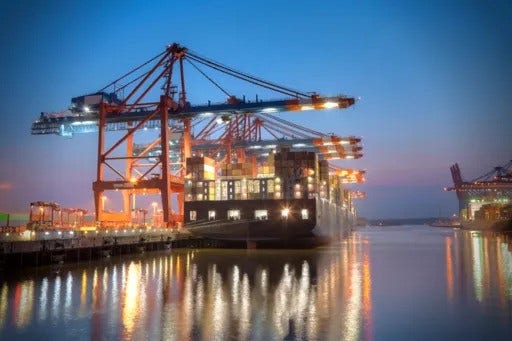

Export Incentives under Foreign Trade Policy (‘FTP’)
Directorate General of Foreign Trade through the Foreign Trade Policy offers various incentives and economic assistance schemes to help businesses establish their presence in foreign lands.
Our team is adept in the nuances of various export incentives, such as exports from India, export promotion capital goods and duty remission/exemption schemes and determining their respective eligibilities and the cost benefit analysis for businesses . Our services also include advising in classification of products in export controls, determination of any additional licenses/ authorisations and understanding of the fundamentals associated with re-export of goods.
COVID-19 business continuity support
To re-enforce the fight against the current pandemic, our team of global trade professionals have successfully advised businesses in re-calibrating their supply chain, to avoid any business disruptions. Our team has helped beleaguered businesses in drawing up the sourcing needs, suggest any sector specific revival schemes and implement transformative ideas to turn around businesses, in restricted demand and supply conditions.
We offer assistance keeping in view the factors like proximity to the market, configurability of supply chain and jurisdiction specific advantages. Our service offerings include study and analysis of existing supply chain for key products, advising possible reconfiguration alternatives from the perspective of trade and while choosing India as a destination.

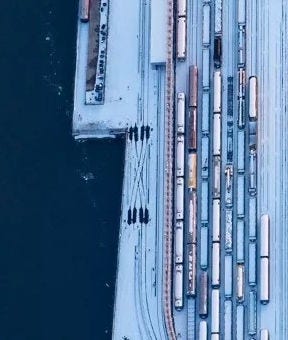
Alignment of customs valuation and transfer policy – Cost efficiency and risk mitigation
Customs valuation and transfer pricing apply an opposite pull on business metrices. An increase in customs valuation increases the cost for business and puts adverse pressure on the profit margin and direct tax computation. But many a times the compliances – disclosures, data, documentation and defence are not aligned. For example, for Indian entities, realisation of less than benchmarked margin in the year end leads to a true up (annual TP adjustment). Customs duty paid on the true up value becomes a cost where business suffers and customs gain. Situation is very different where business needs a year true down, which if it is not reported, results in customs duty not paid. In each of these situations, misalignment results in either an additional cost or a risk for business.
Our team provides support in harmonising the customs valuation and transfer pricing data, and documentation and defence from a completeness perspective. Such support borrowing from the principles of operational transfer pricing, gets granular with the alignment of transaction level customs valuation, and transfer pricing during the financial year. Our team can help make suitable disclosures to customs and transfer pricing authorities to drive cost efficiency and risk mitigation.
Free Trade Agreements (FTA’s) utilisation and origin administration support
FTAs are an important tool to drive cost efficiency in global trade supply chains. India has signed trade agreements with various countries, including ASEAN countries, Korea and Japan. Over a period, utilisation of FTA by importers has increased significantly, however a reverse with exporters is hardly seen. The increase in duty free imports without corresponding rise in access to Indian products, and consequent trade deficit has forced the Indian government to introduce anti-abuse measures to prevent misuse of duty-free access to Indian markets.
We provide support to our clients in identifying the cost reduction opportunities linked to FTA benefits, help in setting up of origin management system and processes, assist in review and verification of origin claim. Our team has worked extensively with business and holds awareness of the documentational audit trail dispute redressal processes and alertness in submissions to authorities. KPMG in India is part of a global network and has access to regional offices in FTA countries and relations with regional trade and customs authorities, helping simplify the verification of claims. With a rich experience around implementing changes around Indirect Tax and an emphasis on digitisation and automation, we are adept in implementing these changes for our clients.
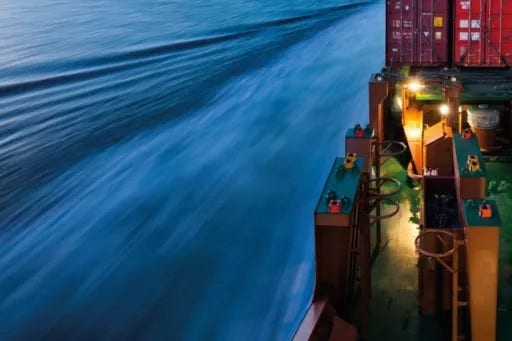

Assisting in setting up SEZ and FTWZ operations
Special Economic Zones (‘SEZs’) and Free Trade Warehouse Zones (‘FTWZs’) are an important tool to drive operational efficiency through transaction cost reduction for global trade. These are more suited to governing laws and aligned to global value chains and provide a very different framework of operations as compared to other domestic business models governed by business and commercial laws. SEZs and FTWZs were set-up with the objective to bring economic growth in India, through infrastructure development, employment generation, skills upgradation and foreign investment attraction. Consequently, both SEZs and FTWZs avail tax and regulatory related benefits conducive for foreign companies.
Our trade and customs team has been involved in providing support throughout the lifecycle – from identifying the need for exploring the operating model, to evaluating its feasibility and comparisons vis-à-vis other options like SEZ, customs bond manufacturing and duty deferral alternatives, assistance in setting up operations and in compliance support.
SEZ/FTWZ are an aid to drive operational efficiency in the context of specific facts and circumstances of the business and our team has the experience of blending the business facts with the regulatory framework to advise on the proposed operating model is embedded to deliver expected transformation of business.
Managed services
Considering our diverse experience in the trade and customs practice, we provide managed services that involve a consortium of trade and customs compliance. As part of managed services, we help businesses choose from a complete outsourcing option or a hybrid model of part outsourcing and part insourcing. In the complete outsourcing model, we blend our expertise and experience with adoption of technology tools that can be combined to automate processes and bring about digitisation of records to drive operational efficiency.
Managed services can be offered in the context of various use cases like large scale customs classification, origin administration, customs valuation, etc. It can assist in evaluating the feasibility of specific uses and fitment to managed services model. Typical attributes to evaluate a suitable case for managed services include scale of operations, repetitive nature of the scope of work, rule-based automation of process, minimal role of discretion or human judgement, and process-based controls, among others.
